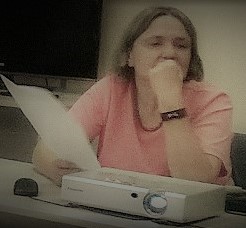A Publisher's Conversation with Authors: Given competing stats about book sales, what is real -- and what is realistic?

It is Tuesday. Monday's madness is over, and Wednesday will take us over the hump, so Tuesday it is--for some serious discussion with authors. Tuesday talks mean to address authors in waiting and self-published authors who would like to go a more traditional route or who would at least like to take their steps with a publisher by their side. Today's topic takes a look (again) at book sales. Unfortunately, get accurate accountings of book sales across the book industry is very difficult. Book Scan is not accurate. Amazon bestselling rankings have quirks. Publishers do not like to share their sales figures with other publishers, let alone authors. The range that can be found online is wild. When reading sales figures, it is critical to read them with a jaundiced eye because often these "statistics" come from author groups with great hopes for best sellers among their members. Generally, in my experience, the reports of sales are vastly exaggerated, often because of...


